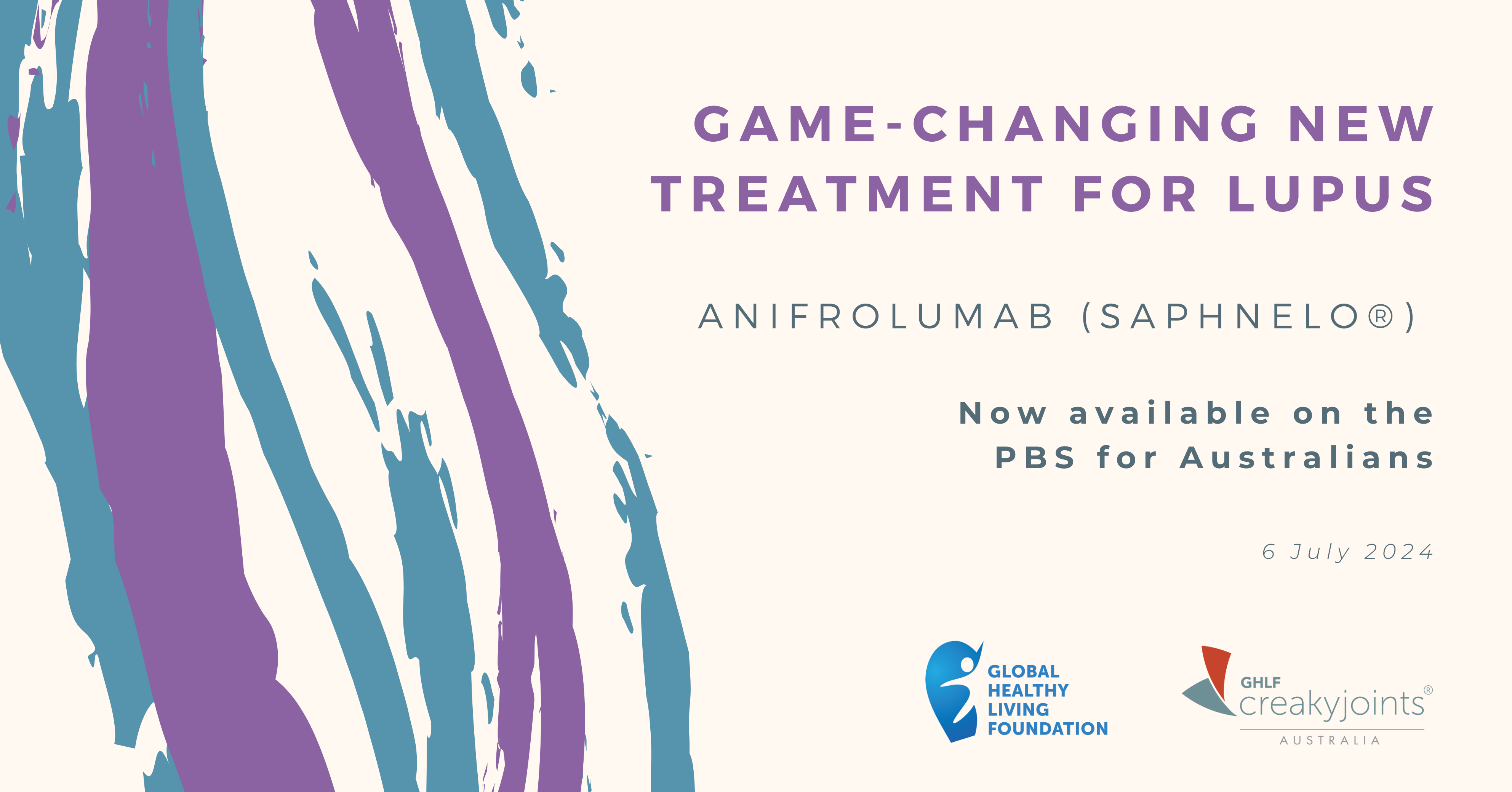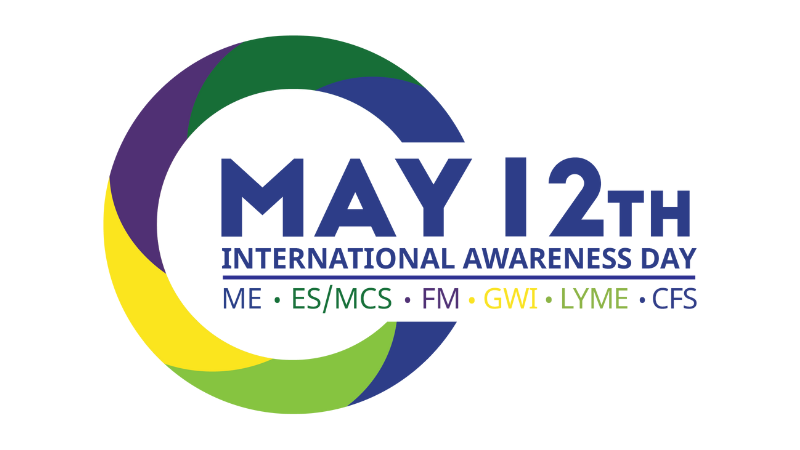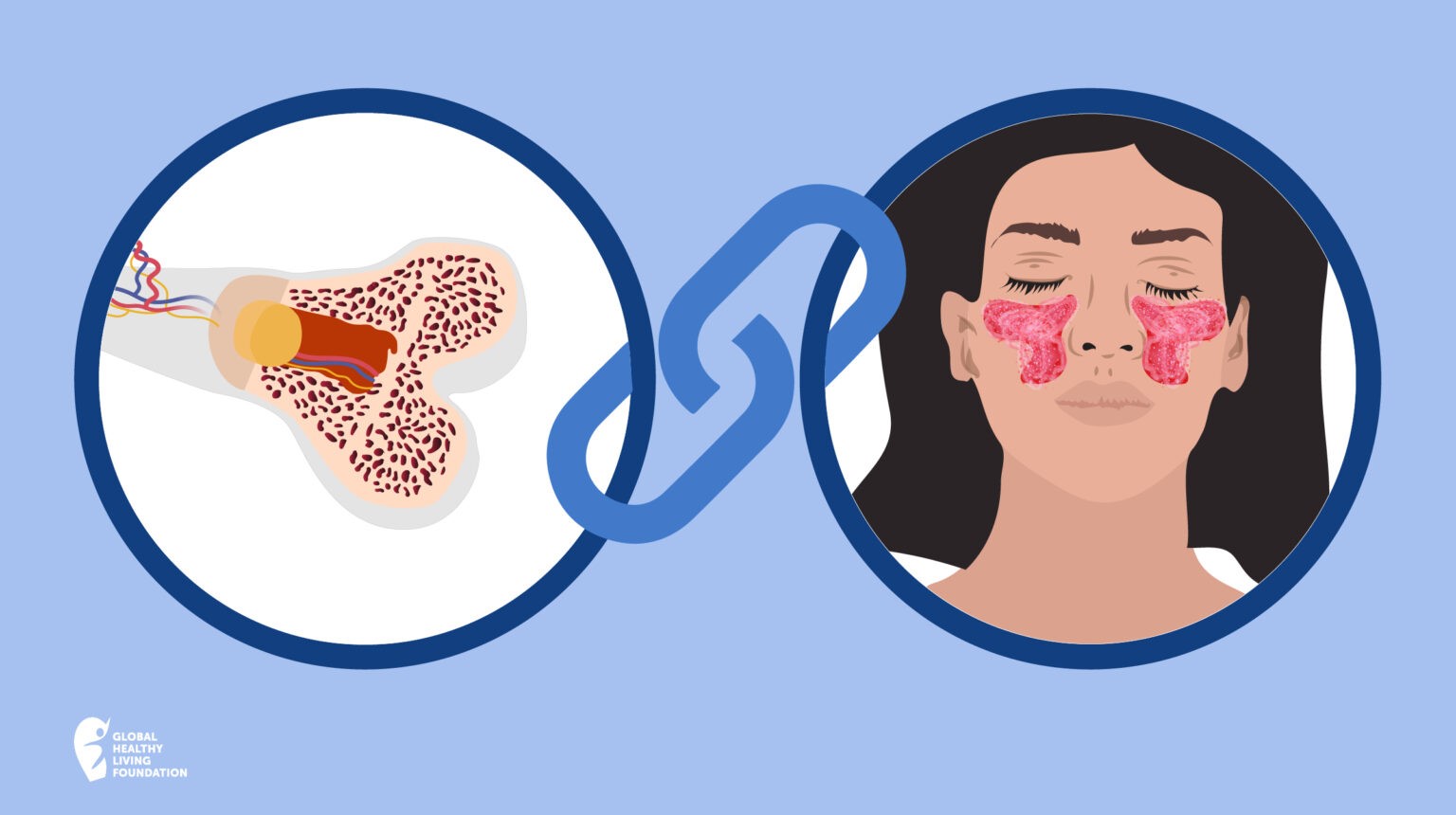

We are excited to say that people with systemic lupus erythematosus (SLE) now have affordable access to the first biologic treatment for this condition in Australia. Anifrolumab (Saphnelo®) was added to the Pharmaceutical Benefits Scheme (PBS) on 1 July 2024 for eligible patients.
What is SLE?
SLE (otherwise known as lupus) is an autoimmune disease, which means the body’s immune system mistakenly attacks healthy tissue and organs. This leads to long-term inflammation, swelling, pain and damage that can affect many different body systems, including the heart, lungs, brain, kidneys, joints and skin. SLE is one of several forms of lupus.
While the exact cause is not known, it is believed that it results from a mix of genetics and the person’s environment. Experts believe that people with a genetic predisposition to the disease may develop lupus when something in their environment triggers it. Triggers include certain medicines (particularly anti-seizure, blood pressure and antibiotic medications), certain chemicals, tobacco smoke, infections and sun exposure.
As with other autoimmune conditions, early diagnosis is important as early treatment helps to slow disease progression and improve quality of life. However, SLE is tricky to diagnose because its symptoms are similar to those of other diseases, including periods of illness or “flares” and periods of feeling fine or “remission.” It is also difficult to treat as it has a wide range of symptoms, people have different triggers and combinations of symptoms and symptoms can range from mild to severe.
It is estimated that more than 20,000 Australians live with SLE. More than 90 per cent of people with SLE are women, mostly young women who are generally diagnosed between the ages of 15 to 45.
What is Anifrolumab?
Autoimmune diseases occur when the immune system mistakenly treats healthy cells as though they were viruses or other forms of infection. Oral disease-modifying antirheumatic drugs (DMARDs) work by suppressing the activity of the whole immune system. Biologic DMARDs (bDMARDs) and targeted synthetic DMARDs (tsDMARDs) target specific parts of the immune system involved in related autoimmune conditions. Anifrolumab targets and suppresses only the immune cells involved in causing SLE.
Why is this News So Exciting?
Biologic medications (or biologics) have been an effective way to treat severe cases of many autoimmune diseases for several decades. Biologics have been game-changers for people with conditions such as rheumatoid arthritis, psoriasis and multiple sclerosis as they not only help with symptoms, they help to slow disease progression. They are also heavily subsidised through the Pharmaceutical Benefits Scheme (PBS) so they cost users no more than $31.60 per month.
No new therapy has been available on the PBS for SLE in Australia for 60 years and the unmet need for new and advanced medicines is urgent. Until now, Australians with SLE have only had PBS access to standard treatments that help to manage mild to moderate symptoms. Those with more severe symptoms have had the option to pay full price for access to anifrolumab or another brand of biologic (not on the PBS) or go without. However, based on the unsubsidised cost of other biologic medicines, anifrolumab could cost users between $800 and $1,500 per month.
Those who qualify for access to anifrolumab through the PBS finally have the chance to try an affordable treatment that can greatly improve their symptoms and allow users to enjoy a better quality of life.
We are proud to say that we, along with other organisations and individuals, advocated for anifrolumab to be added to the PBS. We especially want to thank those members of our community who allowed us to include comments about their journeys with biologics in our submission.
Further Resources
Australian Rheumatology Association’s fact sheet on anifrolumab (Saphnelo®)
Join the CreakyJoints Australia Community
Becoming a CreakyJoints Australia member takes just a few minutes. You’ll receive our members’ e-newsletter featuring:
- Reliable information about arthritis types and treatments.
- Tips for managing daily life with arthritis and related conditions.
- Personal stories from people living with similar conditions to you.
- Links to our podcasts featuring interviews with health clinicians and patients.
- Surveys to help us discover what’s important to you.
Follow Us on Social Media
We set up our CreakyJoints Australia Community group on Facebook to share our latest news, feature articles, arthritis resources and other content with you. We invite you to provide feedback on any of our posts and chat with each other in the comments. You are also welcome to share ideas about content you would like us to create or share practical tips for living with arthritis and related conditions.
You can also follow CreakyJoints Australia on Twitter/X and Instagram.




